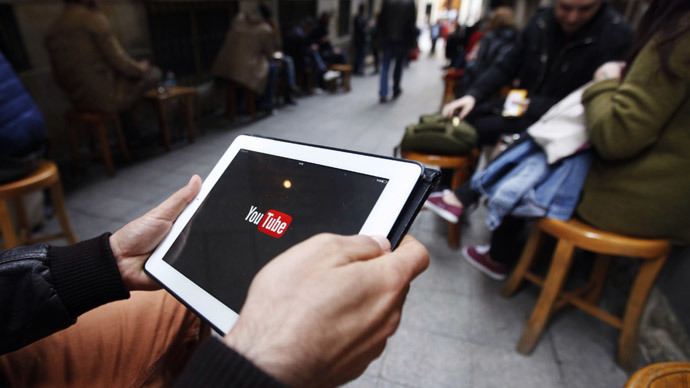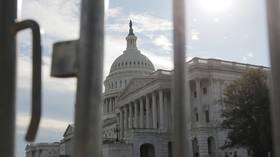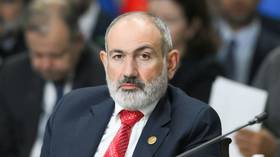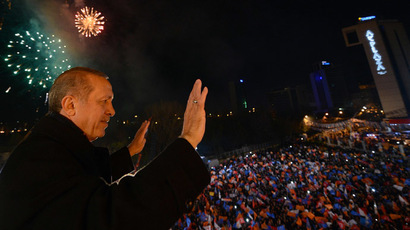Google appeals ongoing YouTube blockade in Turkey

US internet giant Google has gone to Turkey’s Constitutional Court to appeal the government’s decision to block its video file sharing service YouTube. The ban, which had been imposed before local elections, has been upheld by a local court ruling.
Google on Monday said it has filed three appeals to Turkish courts in relation to the ongoing blackout of YouTube. Three petitions have been filed to Turkish criminal, administrative and constitutional courts by Google’s lawyers, the Wall Street Journal (WSJ) reported.
According to the Hurriyet Daily News, YouTube’s Turkish lawyer, Gonenc Gurkaynak, has filed a complaint to the Turkish Constitutional Court and a lawsuit demanding “a stay of execution and cancelation of the decision on the ban” to the 4th Administrative Court of Ankara. Gurkaynak also appealed the ruling of the Golbasi Criminal Court that annulled its own decision on lifting the ban on April 5.
Turkey’s Telecommunications Authority (TIB) blocked YouTube on March 27 after allegedly leaked audiotapes of senior Turkish officials discussing a false flag operation against Syria emerged there days before local elections. While the government advocated the ban citing national security concerns, TIB cited a decision by Golbasi Criminal Court.
Curiously, the same Ankara-based court on Saturday changed its own decision by ordering only 15 YouTube videos to be banned instead of the entire service. The latest ruling followed a Constitutional Court order to unblock Twitter, which the court blasted as a violation of freedom of speech. Today’s Zaman claimed that the lower court then issued a “self-critical” statement, also calling its earlier ruling a “major intervention into freedom of speech, a fundamental value of a democratic society.”
However, the local prosecutor’s office challenged the April-5 decision and it was promptly overturned by the higher Golbasi Criminal Court of First Instance, which stated the blocking of YouTube must continue until the “criminal content” is removed from the site.
A Google spokesman told the WSJ via email that “it is obviously very disappointing to people and businesses in Turkey that YouTube is still blocked, and we are actively challenging the ban in the courts.” The outlet said Google’s defense argued in the petitions that the nationwide blocking of YouTube is “overbroad” under Turkish law and then required a constitutional challenge “based on freedom of speech.”
Google recently claimed that its services are being effectively blocked by Turkish internet providers, who reportedly are using all means to prevent the users from circumventing the ban. Turkish providers are also believed to be still blocking Twitter despite the Constitutional Court’s ruling, which Turkish Prime Minister Recep Tayyip Erdogan said he has to obey but “do[es] not respect.”
The recent scandals involving Erdogan’s government and the social media ban that followed them caused outrage in Turkish society, with opposition-minded activists condemning the ban as an act of “censorship” and “dictatorship.” However, Erdogan’s AKP party’s candidates managed to win at the March-30 local elections in 49 of the 81 Turkish regions, highlighting the Turkish leader’s popularity despite all the controversy.
In Ankara, where the AKP and main opposition party, CHP, ran an extremely tight race, thousands of demonstrators took to the streets last week demanding that the Supreme Electoral Council recount the local election results. AKP was declared the winner in the Turkish capital with a slender one percent of margin. CHP filed an official recount request, while the protesters were pushed off Ankara’s streets with police water cannon and tear gas.















